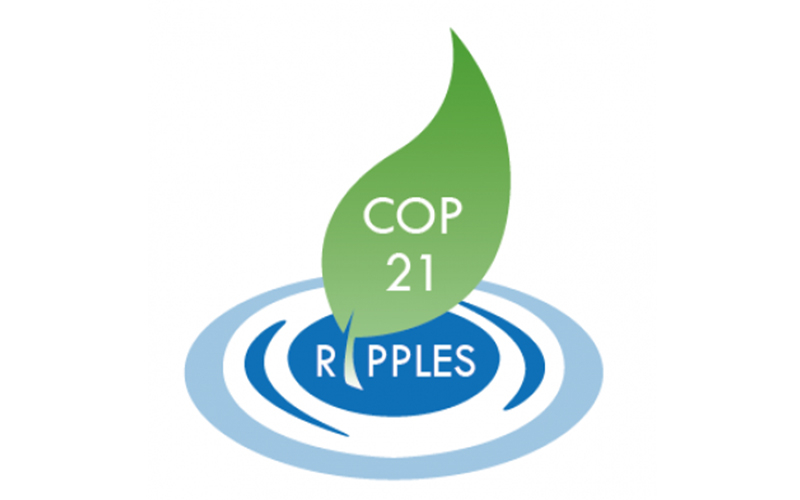COP21: Results, Implications, Pathways and Policies for Low- Emissions European Societies

1 December 2016
COP21: Results, Implications, Pathways and Policies for Low- Emissions European Societies (RIPPLES) is a major international research collaboration to understand the implications and facilitate the implementation of the Paris Climate Agreement.
The COP21 RIPPLES project aims to analyse the transformations in the energy systems, and in the wider economy, that are required in order to implement the Paris Agreement (NDCs), and investigate what steps are needed to attain deeper, more ambitious decarbonisation targets, as well as the socio-economic consequences that this transition will trigger.
For the first time, the project will provide a detailed and thorough analysis of the adequateness, potential and barriers of international mitigation efforts in the perspective of the long-term climate target, and their repercussions for EU goals, policies, the challenges of the climate regime complex, and the role envisaged for the UNFCCC and the EU as a whole. The project focuses on the EU, but also covers major non-EU emitting and global trends.
UCL’s primary input will be modelling contributions on the second of these objectives led by Gabriel Anandarajah, with more cross-cutting strategic input led by Michael Grubb.
The four main component objectives are:
- To assess the adequacy of the NDCs submitted at COP21 in light of the global temperature target of limiting warming to 2°C/1.5°C, through the analysis of GHG scenarios and energy system scenarios.
- To assess the implications of NDCs and deeper mitigation pathways on other European socio-economic objectives, related to innovation and technology deployment; trade and competiveness; investment, financial flows and economic growth; and global energy markets and energy security.
- To assess the adequacy of the outcomes of COP21, and the implications and opportunities emerging from ongoing UNFCCC negotiations. The project will undertake a social sciences-based (in particular international law and international relations) assessment of the outcome of COP21.
- To provide policy recommendations for EU climate policy and climate diplomacy.
 Close
Close

